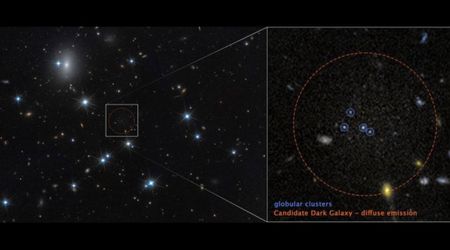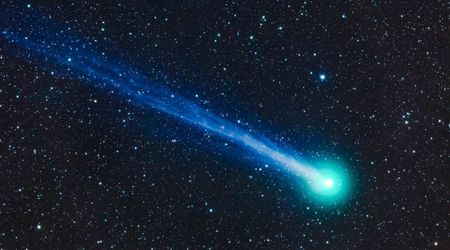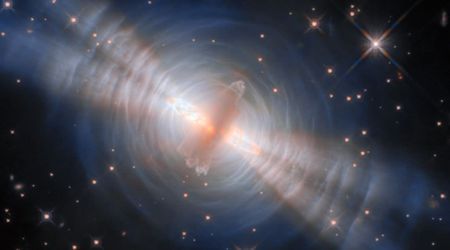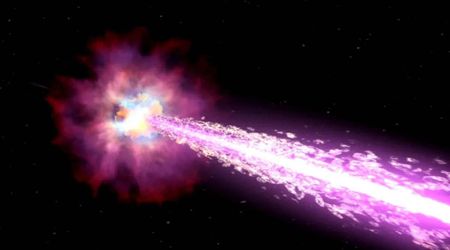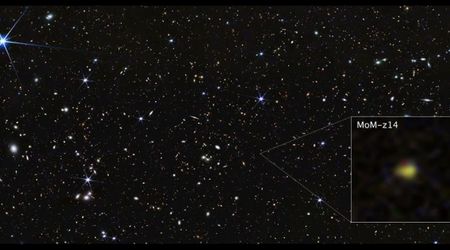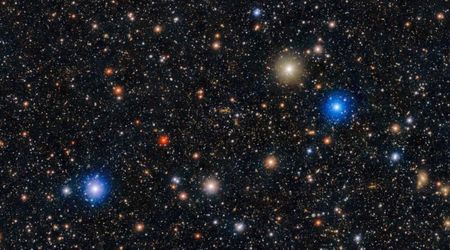Rocket Lab expands deeper into defense sector with $275 million Geost acquisition

Rocket Lab, an aerospace company involved in stock market trading, is expanding its involvement in the defense industry by purchasing Geost for $125 million in cash and $150 million in stock, with the potential for another $50 million. Geost is a company that provides advanced electro-optical and infrared sensors for US military satellites. This acquisition, announced on May 27, will provide Rocket Lab with access to technology crucial for the Department of Defense's missile warning and space surveillance systems, potentially leading to profitable Pentagon contracts, as reported by SpaceNews.

Rocket Lab's CEO, Peter Beck, emphasized that the integration of Geost will bring in "critical technology and payloads that are relied upon by the Department of Defense.” This acquisition significantly advances Rocket Lab's goal of becoming a primary contractor for Pentagon satellite initiatives. By bringing Geost's essential EO/IR payloads in-house, Rocket Lab is now better positioned to compete for future military satellite contracts. This includes major programs such as the Space Development Agency’s (SDA) Proliferated Warfighter Space Architecture (PWSA), which focuses on a resilient network of military satellites, and the proposed Golden Dome missile defense shield — a multi-layered system designed to counter various missile threats.
Rocket Lab already has a substantial $515 million contract to build and operate 18 data-relay satellites for the SDA’s Transport Layer. The Geost acquisition will further bolster its chances of securing the SDA's upcoming Tranche 3 Tracking Layer procurement. This anticipated contract involves the development of over 50 satellites equipped with advanced missile tracking sensors, a project for which Geost's expertise will be invaluable. To this, Beck said, “It really is a logical addition to a vertically integrated national security offering.” On the other hand, Rocket Lab’s chief financial officer, Adam Spice, highlighted that the integration of Geost's payload capabilities provides the company with a significant competitive advantage in securing future defense contracts. He specifically noted, “This also positions us to be a competitive provider for the Golden Dome missile defense system.”
Launch, spacecraft – and now payloads.
— Rocket Lab (@RocketLab) May 27, 2025
We’ve signed a definitive agreement to acquire Geost, a payload provider to the @DeptofDefense for U.S. national security space missions and its next-generation satellite constellations.
Read the news here: https://t.co/G8gvtjTHtH pic.twitter.com/bJjkWgfr1l
The Golden Dome projects, initiated by an executive order from President Trump, aim to establish a space-based missile defense shield within the next three years, with an estimated budget of $175 million. This ambitious system is expected to rely heavily on commercial space companies that can offer rapid deployment and cost-effective solutions. Spice further elaborated that the president's recent announcement underscored a strong preference for "utilizing efficient and fast providers." He believes this focus "positions us well to capture these opportunities,” as mentioned by the outlet.
Rocket Lab, established in 2006 and based in Long Beach, California, is known for its vertical integration strategy in space systems, which involves bringing more hardware production in-house through acquisitions. This approach is evident in its current plans, including the acquisition of Mynaric, a provider of optical communications terminals. Geost, which employs 115 staff and facilities in Tucson, Arizona, and Northern Virginia, will see its employees join Rocket Lab's growing global workforce. This expansion will bring Rocket Lab's total employee count to 2,600 across its various locations in California, Virginia, Colorado, Maryland, New Mexico, Toronto, New Zealand, and now Arizona.
